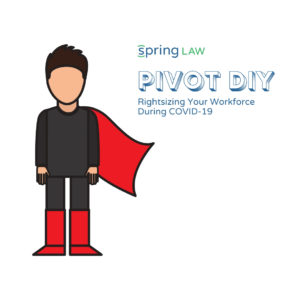Vaccination and the Workplace

Photo by Markus Spiske on Unsplash
Now that Canada has started to administer its first COVID-19 vaccine shots, many employers are wondering if they can require their workers to get vaccinated? A workplace mandate for vaccination seems like sensible risk management after a year of devastating costs for employers due to the pandemic.
What if My Employee Refuses to be Vaccinated?
But what can an employer do if an employee refuses to be vaccinated? As long as your employees are not unionized, in theory, employers have the right to terminate employment without cause for any reason unless it’s discriminatory. As long as the requirement or any policy related to vaccination doesn’t infringe on any human rights protection owed to the employee, the requirement is not discriminatory.

 As COVID-19 continues to create barriers for businesses across the province, many employers face tough decisions regarding their staff. With so much uncertainty regarding when and if things will return to normal, scaling down or shutting down is becoming a reality in many industries.
As COVID-19 continues to create barriers for businesses across the province, many employers face tough decisions regarding their staff. With so much uncertainty regarding when and if things will return to normal, scaling down or shutting down is becoming a reality in many industries. 







